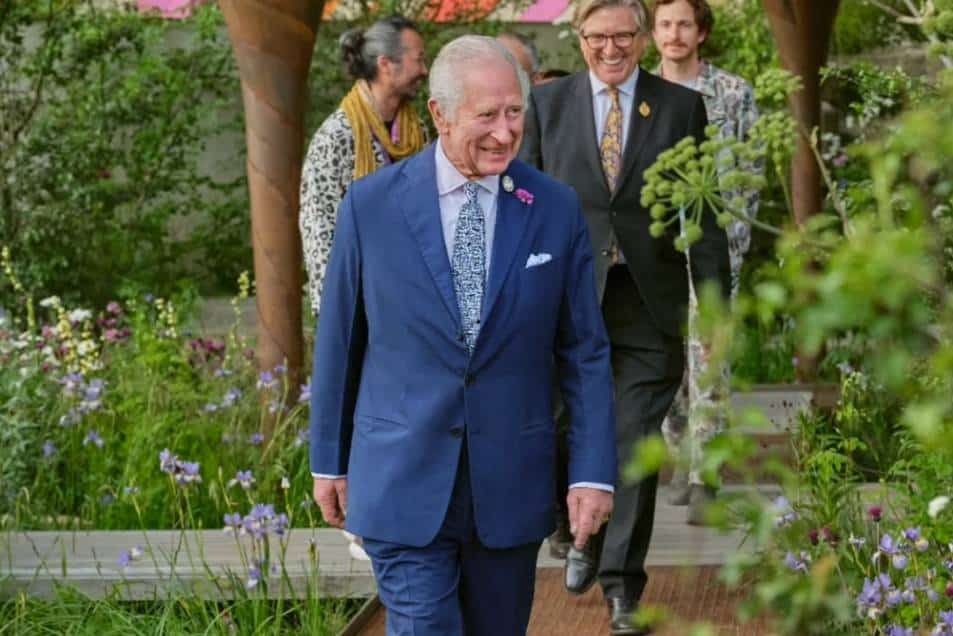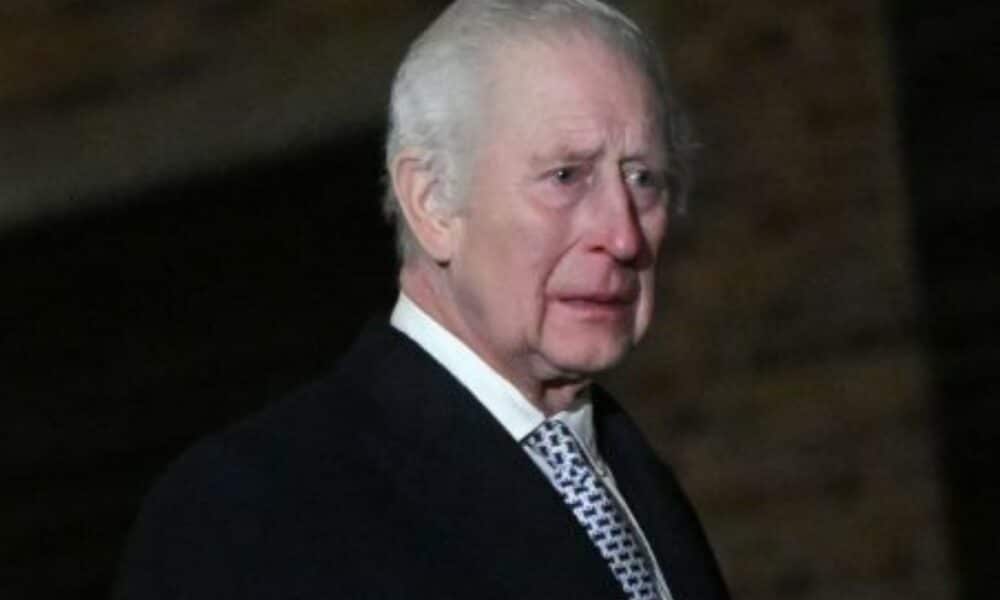Share
Tweet
Share
Share
The traditional Christmas hunt of the British royal family, held annually at Sandringham, faces uncertainty due to a troubling shortage of pheasants on the estate. King Charles III, aged 76, is reportedly furious at the prospect of canceling the event, one of the monarchy’s most cherished customs, according to the British tabloid The Sun. The hunt, a highlight of Boxing Day, brings together royals and select guests in a centuries-old ritual. Located approximately 110 miles north of London, the Sandringham estate serves as the traditional setting for the royal family’s Christmas festivities. A sharp decline in the pheasant population, bred specifically for the occasion, has cast doubt on this year’s event. The issue was exacerbated by the recent dismissal of an experienced gamekeeper, disrupting the management of the birds. This situation underscores the challenge of preserving historic traditions amid practical and environmental concerns. Charles, known for his environmental advocacy, faces a complex dilemma.
For generations, the Christmas hunt has been a cornerstone of royal tradition, drawing attention from the public and media alike. Sandringham, inherited by Charles following the death of Queen Elizabeth II in 2022, remains central to the holiday celebrations. The Boxing Day event, held on December 26, stands out as a key moment, with participants donning traditional attire and traversing the fields.
 The King – Rei Charles – Foto: Divulgação
The King – Rei Charles – Foto: Divulgação
- Key features of the Christmas hunt:
- Gathers royals and exclusive guests.
- Takes place on the expansive Sandringham estate in eastern England.
- Pheasants are raised specifically for the event.
- Rooted in historical rituals and protocols.
Origins of the Sandringham tradition
The Christmas hunt traces its roots back over a century, reflecting aristocratic customs that celebrate outdoor pursuits and a connection to the land. Sandringham, purchased by the royal family in 1862, became the ideal venue with its vast fields and woodlands, perfect for rearing birds like pheasants. Over the reigns of queens and kings, the event grew into a cultural symbol. Participation by figures such as Prince Harry and Prince William in past years has amplified its prominence.
Challenges in pheasant management
Maintaining a healthy pheasant population at Sandringham is no easy task. The birds, raised in a natural environment, require careful oversight to ensure their numbers and well-being. The recent dismissal of a veteran gamekeeper, part of a staff restructuring, created setbacks. This loss of expertise led to a significant drop in pheasant numbers, jeopardizing preparations for the hunt. Reports suggest the decline was already underway, but the absence of skilled management intensified the issue.
King Charles III’s environmental stance
Renowned for his dedication to environmental preservation, King Charles III champions causes like wildlife protection and rural sustainability. This commitment clashes with the notion of importing pheasants from other regions to address the shortage. The king, according to sources, strongly opposes this approach, favoring local breeding and ecological balance. His reluctance to adopt artificial solutions highlights the difficulty of upholding traditions in a modern, environmentally conscious era.
Details of the Sandringham estate
Inherited in 2022 after Queen Elizabeth II’s passing, Sandringham ranks among the royal family’s most beloved residences. Located in Norfolk, eastern England, the estate spans thousands of acres, encompassing forests, marshes, and open fields. It is here that the Christmas hunt unfolds, with participants adhering to strict protocols. The property also supports agriculture and conservation efforts, reflecting the monarchy’s commitment to responsible land stewardship.
- Notable aspects of Sandringham:
- Covers roughly 20,000 acres of diverse terrain.
- Features award-winning gardens and conservation areas.
- Hosts the royal family during Christmas for generations.
- Serves as a private retreat and venue for traditional events.
Factors behind the pheasant shortage
Multiple elements have contributed to the dwindling pheasant numbers at Sandringham. Harsh weather conditions, including heavy rains and erratic temperatures, have hampered breeding and chick survival in recent years. Natural predators, such as foxes and birds of prey, have further reduced the population. The lack of a robust recovery plan has raised concerns among those overseeing the estate.
Reactions within the royal family
The potential cancellation of the Christmas hunt has stirred unease among royal family members. For many, the event transcends leisure, serving as a tradition that strengthens family bonds and honors cultural heritage. King Charles III, described as furious, is closely monitoring efforts to address the issue. Other royals, like Prince William and Princess Kate, also value the ritual, which has marked memorable moments for the monarchy.
Options under consideration
To tackle the shortage, various strategies are being explored to salvage the Christmas hunt. One possibility involves scaling back the event, reducing the number of participants and adjusting expectations. Another approach focuses on intensifying local pheasant breeding, though this demands time and resources. The king remains opposed to importing birds, limiting viable solutions. Wildlife experts have been consulted to propose sustainable, long-term measures.
Past challenges in royal hunts
Difficulties with the Christmas hunt are not unprecedented. In the 1980s, severe blizzards disrupted access to Sandringham’s fields. More recently, debates over animal welfare and sustainability have drawn public scrutiny. Despite these hurdles, the royal family has consistently adapted, striving to preserve the tradition’s core.
Ongoing Christmas preparations
While the hunt’s future remains uncertain, preparations for Christmas at Sandringham continue at full pace. The estate is adorned with Christmas trees, lights, and festive dinners to welcome the royal family. King Charles III and Queen Camilla plan to spend the holiday there, joined by children and grandchildren. The potential cancellation of the hunt does not affect other traditions, such as the Christmas Day service, broadcast to millions.
Summary of the news
A shortage of pheasants at Sandringham jeopardizes the traditional Christmas hunt, led by King Charles III, aged 76, at the estate in Norfolk, England. The Boxing Day event faces cancellation due to a drop in bird numbers, worsened by the dismissal of an experienced gamekeeper. Charles, furious, resists importing pheasants, prioritizing local breeding despite his environmental advocacy. The hunt, a royal hallmark, unites family and guests. Weather and predators have fueled the crisis, with solutions under review. Meanwhile, Sandringham prepares to host the royal family for Christmas festivities.

